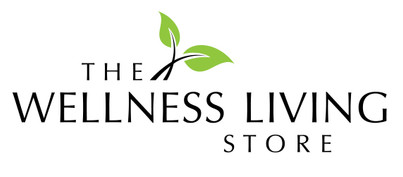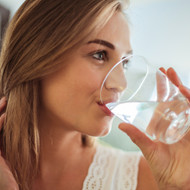Water, Water Anywhere!
Aug 6th 2020
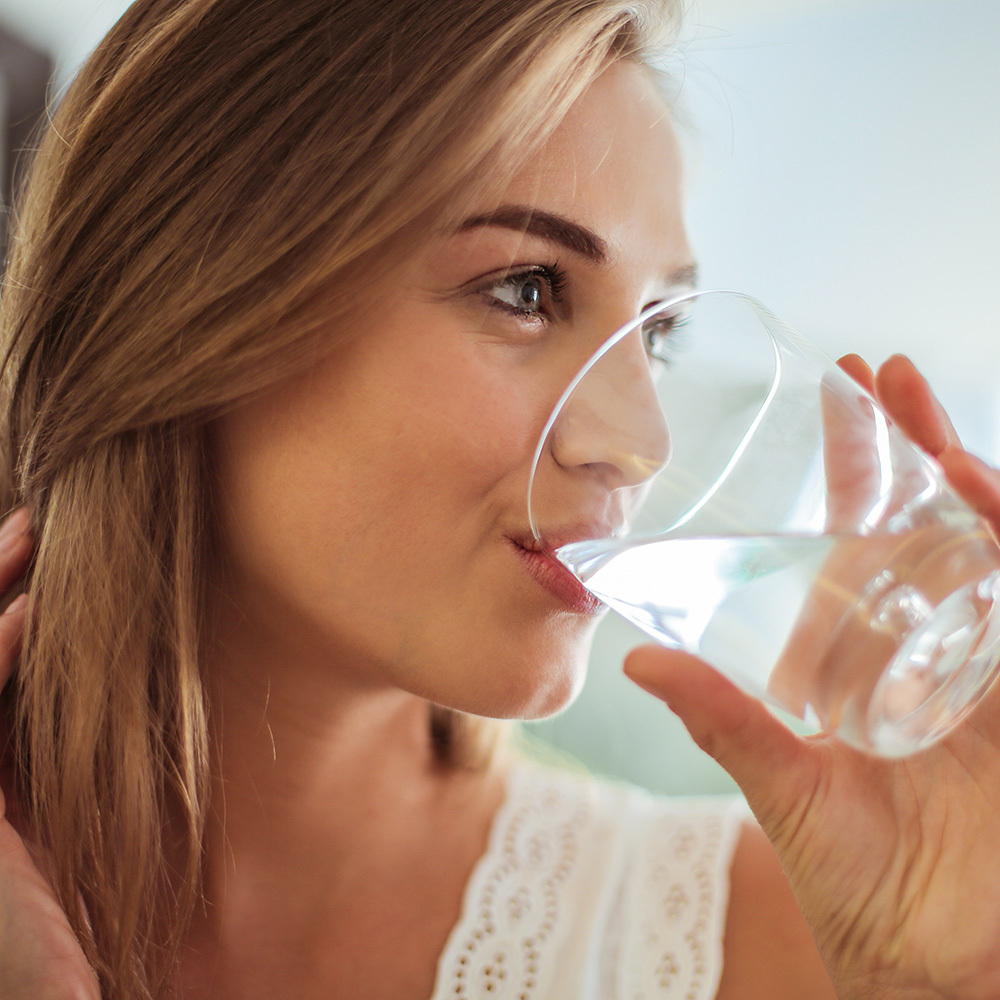
Do we really need to drink eight glasses of water a day to be healthy; the short answer is “no!” There is nothing special about the number eight and there is nothing magical about water.
It is thought that the idea for drinking eight glasses of water a day came from a 1945 government publication that advised, “A suitable allowance of water for adults is 2.5 liters daily,” and concluded, “most of this quantity is contained in prepared foods.” Seventy-five years later, we are still paying homage to the first sentence in spite of the fact that the liquids or fluids might have been a better choice of wording than water while ignoring the fact that a substantial amount of the daily requirement for water comes from our food.
Another question that continues to confuse us is, “What exactly is a glass of water?” 2.5 liters of liquid equal 84.5 ounces, or 10-1/2 eight-ounce glasses of water. The National Academy of Medicine currently recommends that women consume about 91 ounces of liquid from all sources, and men about 125, but the problem is that not all men or women are the same size and we have different levels of activity; we live in different climates, have different metabolisms, drink different kinds of beverages, and eat different kinds of foods.
All fluid counts toward fulfilling our daily requirement for water and our bodies absorb about 20% of it from our food. Many fruits and veggies contain a high percentage of liquid; cucumbers are 96% water; celery, tomatoes, and zucchini 95%; watermelon 92%; cantaloupe, lettuce and strawberries 90%. Milk, juice, coffee, tea, beer, and wine count as fluids and so do soups, yogurt, and even cottage cheese!
We lose water when we breathe, sweat, urinate, and defecate. For our bodies to function properly, we need to replenish the fluids we lose with foods and beverages that contain water. Most healthy people can remain adequately hydrated by drinking when we feel thirsty that for some of us, could be four or five glasses a day while others will need to drink a great deal more.
We are usually adequately hydrated if we do not feel thirsty and our urine is colorless or pale yellow. We need to drink more fluids when it is hot or humid, when we are at high altitudes, if we are pregnant or breastfeeding, and if we have a fever, are vomiting, or have diarrhea. People who have frequent bladder infections or are prone to urinary stones may be advised to drink more liquids to stay healthy, and of course, when we exercise, extra fluids are a must.
One clear benefit of drinking water is that it has no calories. Given the obesity epidemic, it would be a huge public health benefit if we replaced sugary juices and sodas with water. If we are watching our weight we could try drinking a glass of water before meals to help fill us up, but another reason for maintaining good hydration is that thirst and hunger share some of the same pathways in our brains so that sometimes when we think we are famished, we are actually very thirsty.
Water keeps us healthy by flushing toxins, lubricating and cushioning our joints, and supporting important bodily functions like temperature control and bowel regularity. If it is our goal to drink more liquids, we can prepare herbal teas, sip water while waiting for the coffee to brew, drink after every bathroom break, sip water from a bottle that we keep nearby and refill every time it is empty—in other words, creating reminders to drink more fluids.
We may need more liquids if we are experiencing dry mouth, feel irritable, have muscle cramping or weakness, are fatigued, or are having headaches—all symptoms of mild dehydration. It is also possible, although uncommon, to consume so much fluid that we end up in the ER with water intoxication, a potentially life-threatening condition. We should drink when we are thirsty and like nearly everything else in life, we need to establish a healthy balance between what comes in with what goes out.
 | 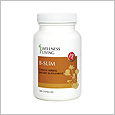 | 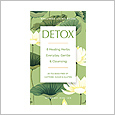 | 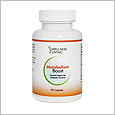 | 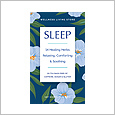 |
| Ancient Treasures Tea | B-Slim | Detox Tea | Metabolism Boost | Sleep Tea |
